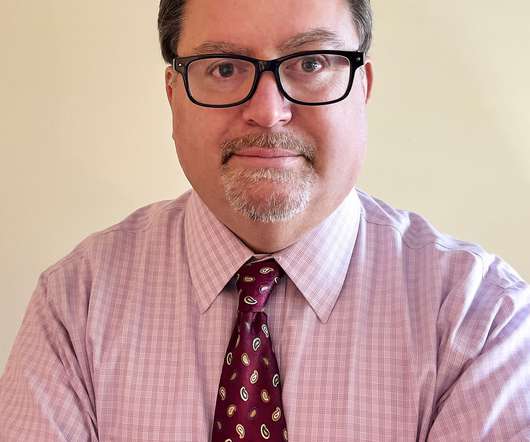Spotlight on a Solo PR Pro: Meet Doug Levy
Solo PR Pro
OCTOBER 5, 2021
I was that first grader who wanted to start up a class newspaper,” he jokes when describing himself. After spending most of the 1990s covering healthcare for USA Today, the newspaper transferred him to San Francisco to cover technology. Building a solo business.












Let's personalize your content